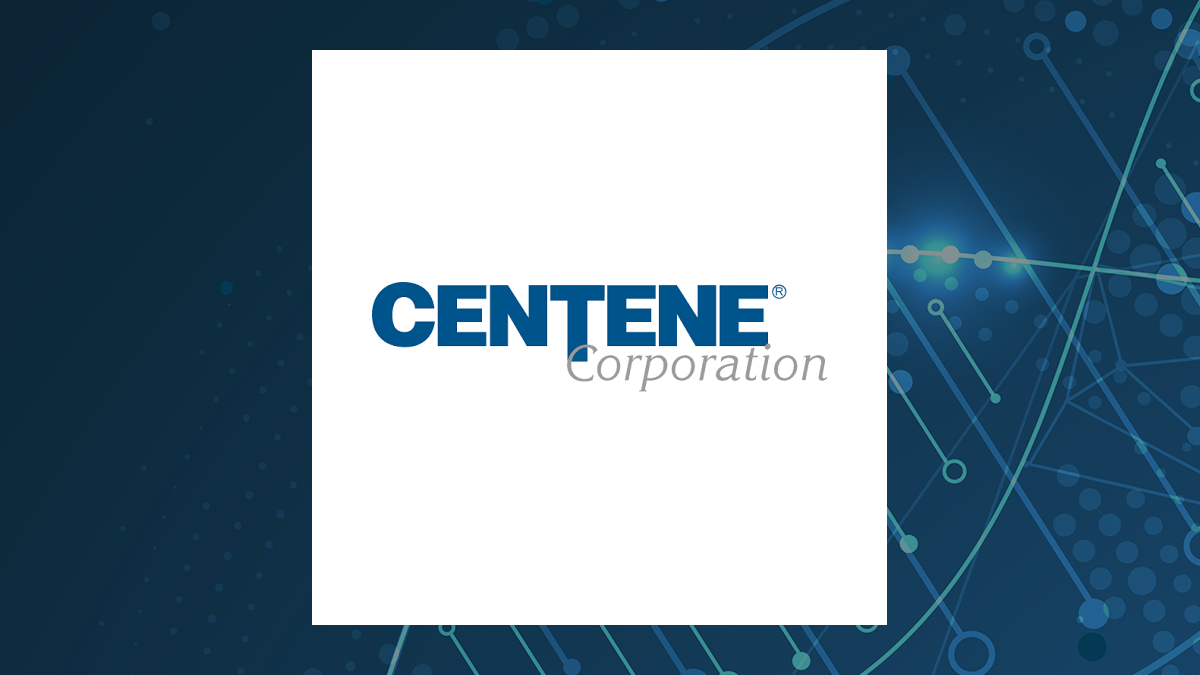 The company’s financials show mixed results, with fluctuating revenues in different segments. Management’s focus on acquisitions and compliance is crucial for growth. Key performance indicators remain stable, reflecting the company’s financial strength. Risks include competition, compliance issues, and cybersecurity threats. Board composition and sustainability initiatives are not detailed. Forward guidance aligns with strategic priorities, emphasizing capital allocation and shareholder value. The $10 billion stock repurchase program demonstrates a commitment to long-term growth and competitiveness.
The company’s financials show mixed results, with fluctuating revenues in different segments. Management’s focus on acquisitions and compliance is crucial for growth. Key performance indicators remain stable, reflecting the company’s financial strength. Risks include competition, compliance issues, and cybersecurity threats. Board composition and sustainability initiatives are not detailed. Forward guidance aligns with strategic priorities, emphasizing capital allocation and shareholder value. The $10 billion stock repurchase program demonstrates a commitment to long-term growth and competitiveness.
Executive Summary
Financials
Total revenues have fluctuated over the past three years. Medicare revenue increased slightly, driven by PDP membership growth, while Medicare Advantage revenue decreased due to quality rating impacts. Commercial revenue surged with Marketplace membership growth and improved product design. Other revenue declined due to recent divestitures. Operating expenses have increased from $669 to $870, with a decrease of 23%. Significant changes in cost structures include management’s time, regulatory compliance, investment losses, debt restrictions, credit rating downgrades, and financing terms. The company’s net income margin is not provided in the context information. Therefore, it is not possible to determine if it has improved or declined, or how it compares to industry peers.
Management Discussion and Analysis
Management has focused on acquisitions, regulatory compliance, investment portfolio management, and favorable financing terms. The success of these initiatives is not explicitly mentioned in the passage, but they are crucial for driving growth and profitability. Management assesses the company’s competitive position through competition, demand anticipation, operational resources, information systems, business transactions risks, senior management changes, revenue declines, and compliance expenses. They highlight market trends like acquisitions, divestitures, revenue losses, investment portfolio losses, indebtedness restrictions, credit rating downgrades, and financing availability. The major risks identified by management include legal and regulatory proceedings, compliance issues, litigation, and disputes. Mitigation strategies include regular compliance reviews, investigations, and addressing cybersecurity issues.
Key Performance Indicators (KPIs)
Risk Assessment
Competition, demand anticipation, information systems management, business transaction risks, impairments, management changes, membership/revenue declines are external factors posing risks to company operations and financial performance. CNC assesses and manages cybersecurity risks by focusing on information systems, including those of third-party vendors, in compliance with HIPAA and other laws. This helps in safeguarding against potential cyber threats in the digital business environment. Yes, the company faces legal and regulatory proceedings, including compliance reviews, litigation, and disputes. These could impact the company’s financial position and reputation. CNC addresses them through disclosure in its financial statements and ongoing management and resolution of the issues.
Corporate Governance and Sustainability
The composition of the board of directors is not provided in the context information. No notable changes in leadership or independence are mentioned either. CNC addresses diversity and inclusion through compliance with federal and state regulations related to workforce requirements and legal proceedings. There is no specific mention of a commitment to board diversity in the provided information. The report does not specifically disclose any sustainability initiatives or ESG metrics. CNC demonstrates its commitment to responsible business practices through its stock repurchase program and capital allocation strategy.
Forward Guidance
The company’s forward-looking guidance aligns with its strategic initiatives and priorities by focusing on capital allocation strategies, such as stock repurchase programs, in line with market conditions and trading volumes. This helps drive long-term shareholder value and flexibility in financial management. CNC is factoring in trends related to Medicaid redeterminations, improvements in quality scores, effective management of expenses, acquisitions, investment portfolio losses, debt restrictions, credit ratings, and favorable financing terms. It plans to capitalize on these trends by accurately predicting expenses and managing resources efficiently. The company’s $10 billion stock repurchase program, aimed at enhancing shareholder value, demonstrates its strategic commitment to long-term growth and competitiveness. This initiative, along with capital allocation strategies and market conditions considerations, highlights a focus on sustainable success.
For more information:
This article was created using artificial intelligence technology from Klickanalytics.
